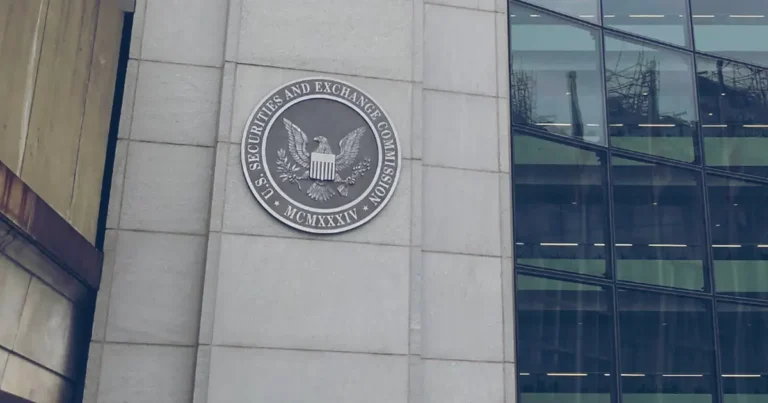22-3-2025 – The US Securities and Exchange Commission (SEC) has signalled a dramatic shift in its approach to cryptocurrency oversight, marking a departure from years of regulatory ambiguity.
At the inaugural “Spring Sprint Toward Crypto Clarity” roundtable, Commissioner Hester Peirce, who heads the agency’s cryptocurrency task force, unveiled plans for a more collaborative approach with industry stakeholders. The focus lies in developing a comprehensive taxonomy capable of classifying both existing and future digital assets.
Acting Chairman Mark Uyeda, a Trump appointee serving whilst awaiting Paul Atkins’ Senate confirmation, advocated for greater transparency in regulatory interpretations. He emphasised the need to move beyond mere enforcement actions, suggesting a more nuanced approach through conventional rulemaking processes.
The roundtable attracted particular attention for its diverse panel composition, featuring both industry advocates and sceptics. Former SEC attorney John Reed Stark offered a particularly pointed critique, drawing parallels between yield farms and traditional investment schemes, whilst questioning the fundamental utility of many crypto assets in 2025’s marketplace.
Meanwhile, Sarah Brennan, general counsel at Delphi Ventures, highlighted how regulatory uncertainty has inadvertently pushed crypto projects toward traditional IPO-like structures, potentially stifling the sector’s innovative potential.
Political scrutiny intensified as Massachusetts Democrats Senator Elizabeth Warren and Representative Jake Auchincloss demanded clarification on the SEC’s recent memecoin policy statement. Their inquiry specifically questioned the White House’s involvement and sought precise definitions distinguishing memecoins from other cryptocurrencies.
In a significant development, Commissioner Peirce suggested non-fungible tokens (NFTs) could be next in line for regulatory clarity. Speaking to journalists, she defended the use of non-binding staff statements as an interim measure, whilst acknowledging concerns about potential staff reductions due to budget constraints.
The gathering marked a pivotal moment in American crypto regulation, suggesting a more nuanced and collaborative approach may be emerging from Washington’s corridors of power. However, the path toward comprehensive crypto regulation remains complex, with multiple stakeholders vying to shape its trajectory.


